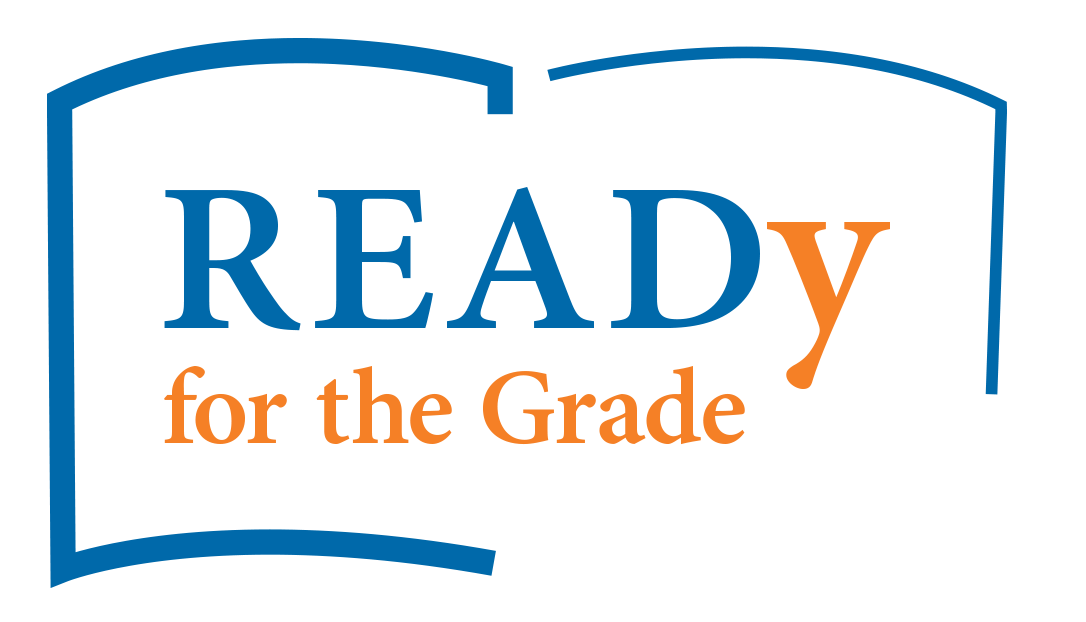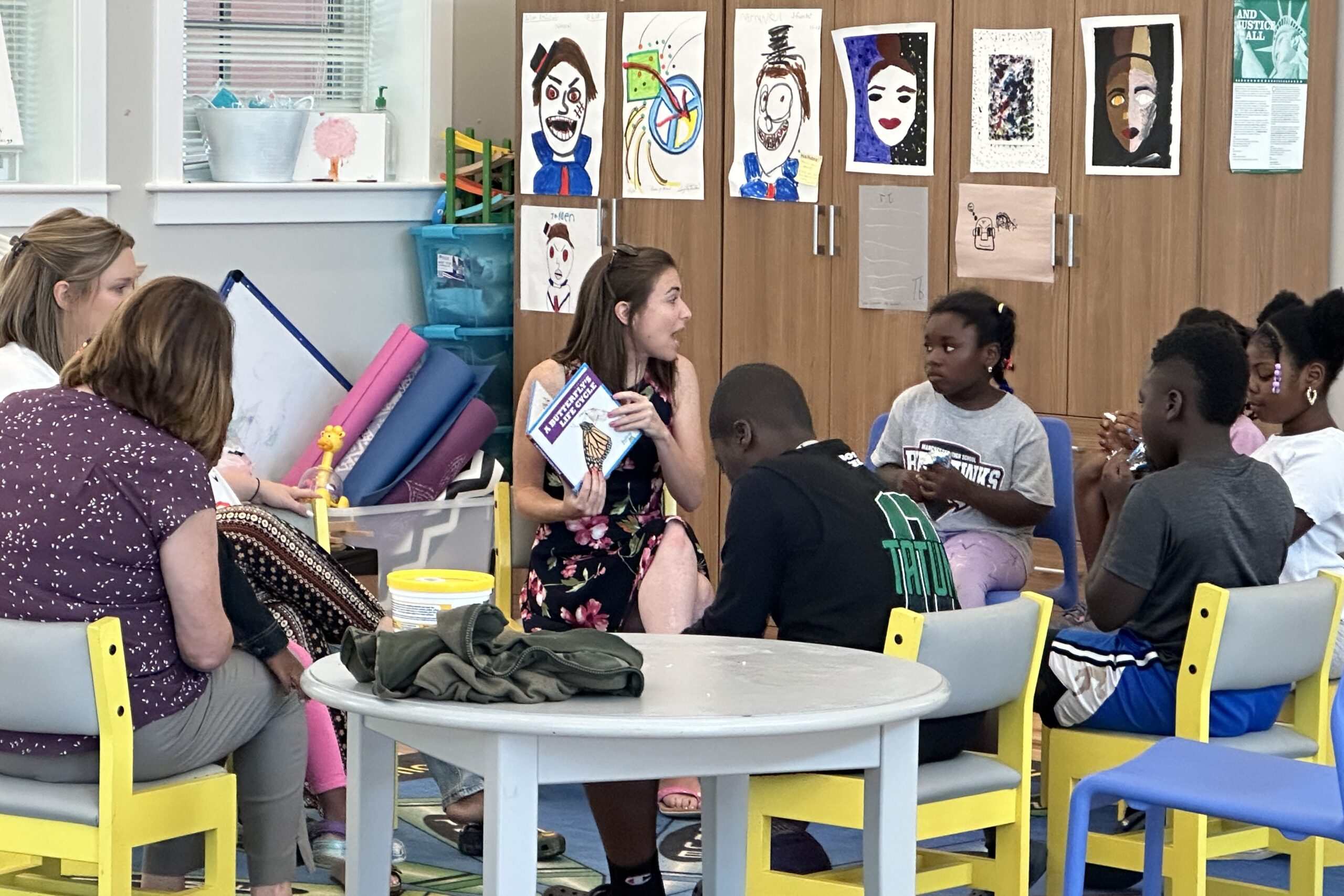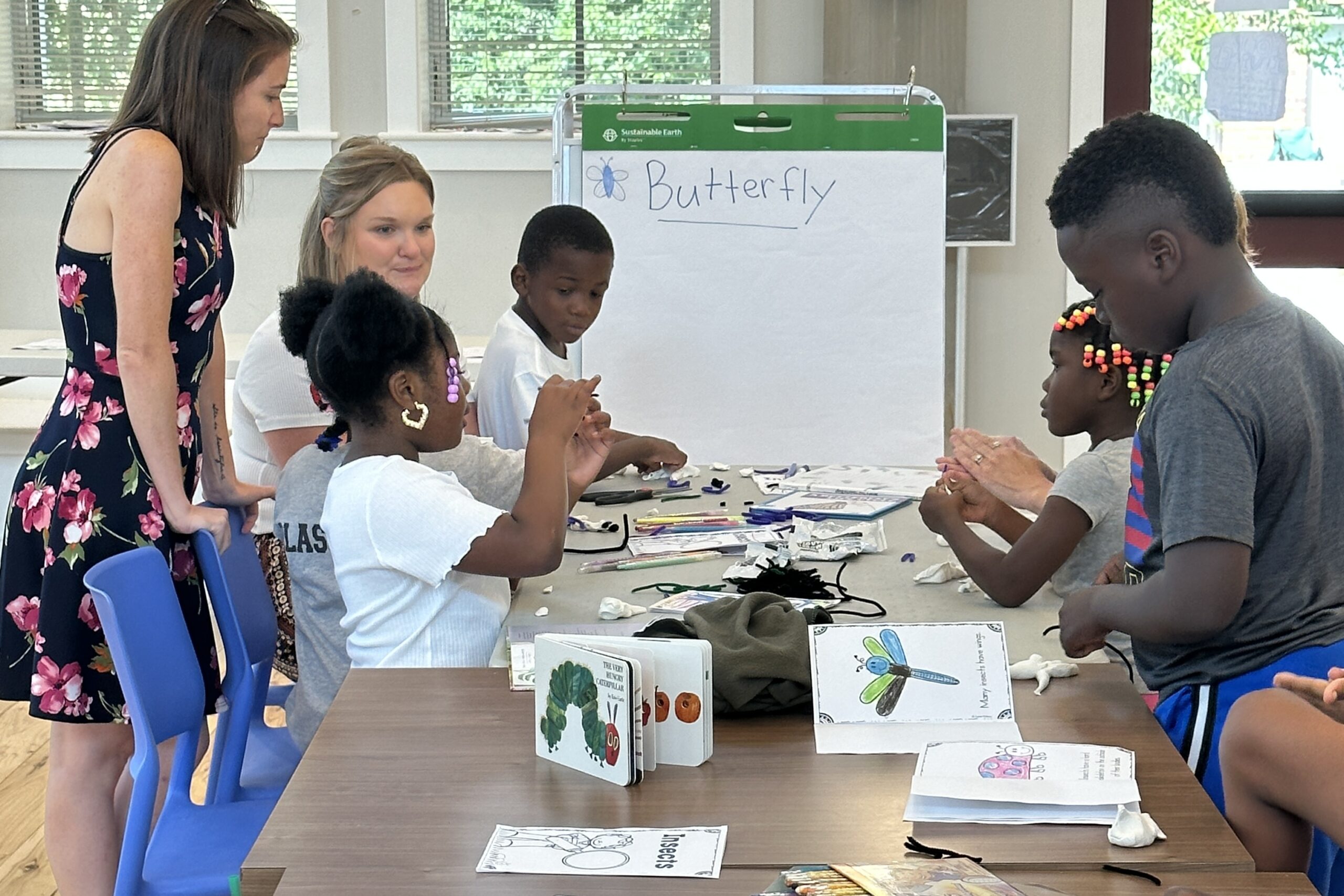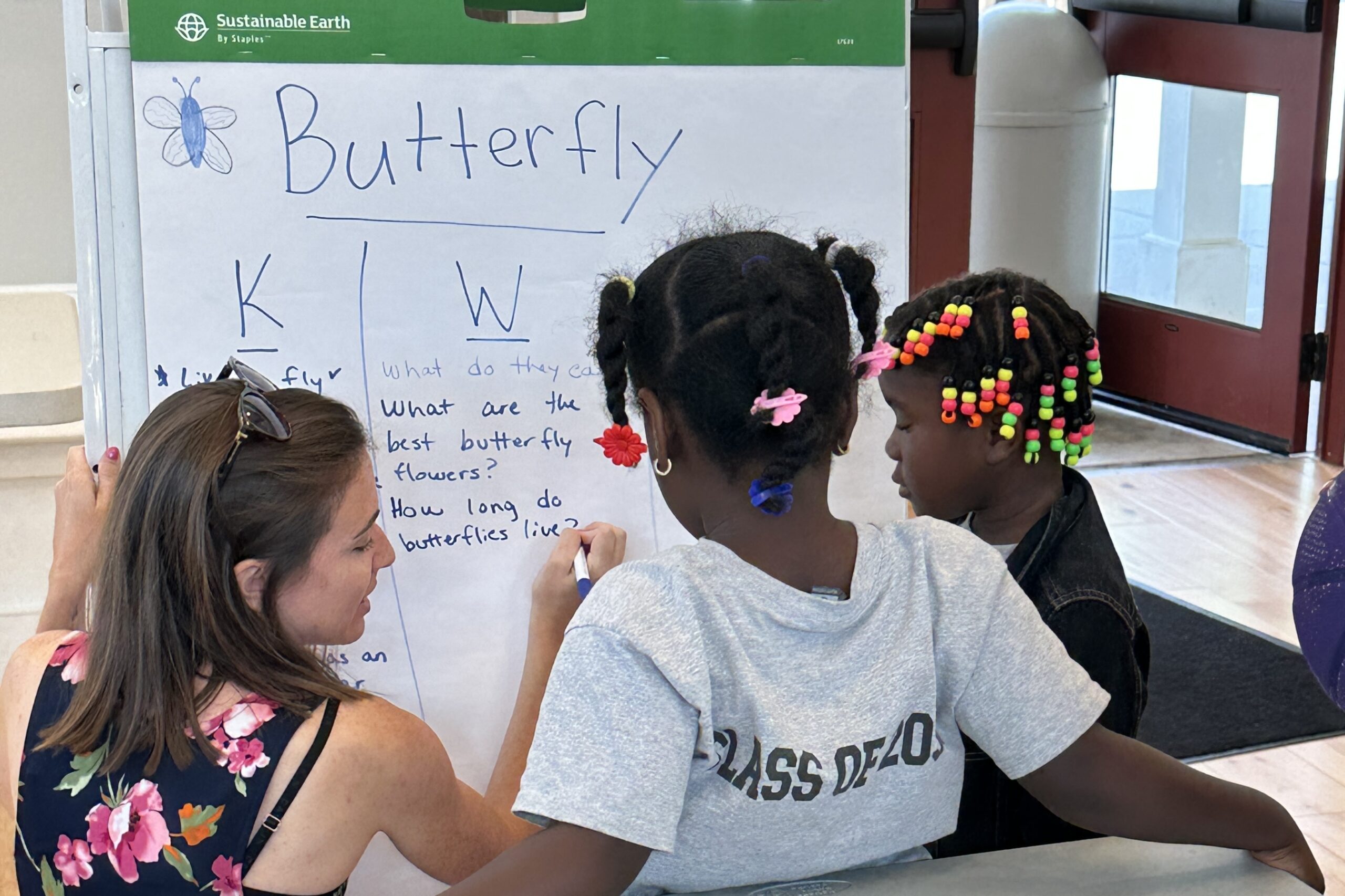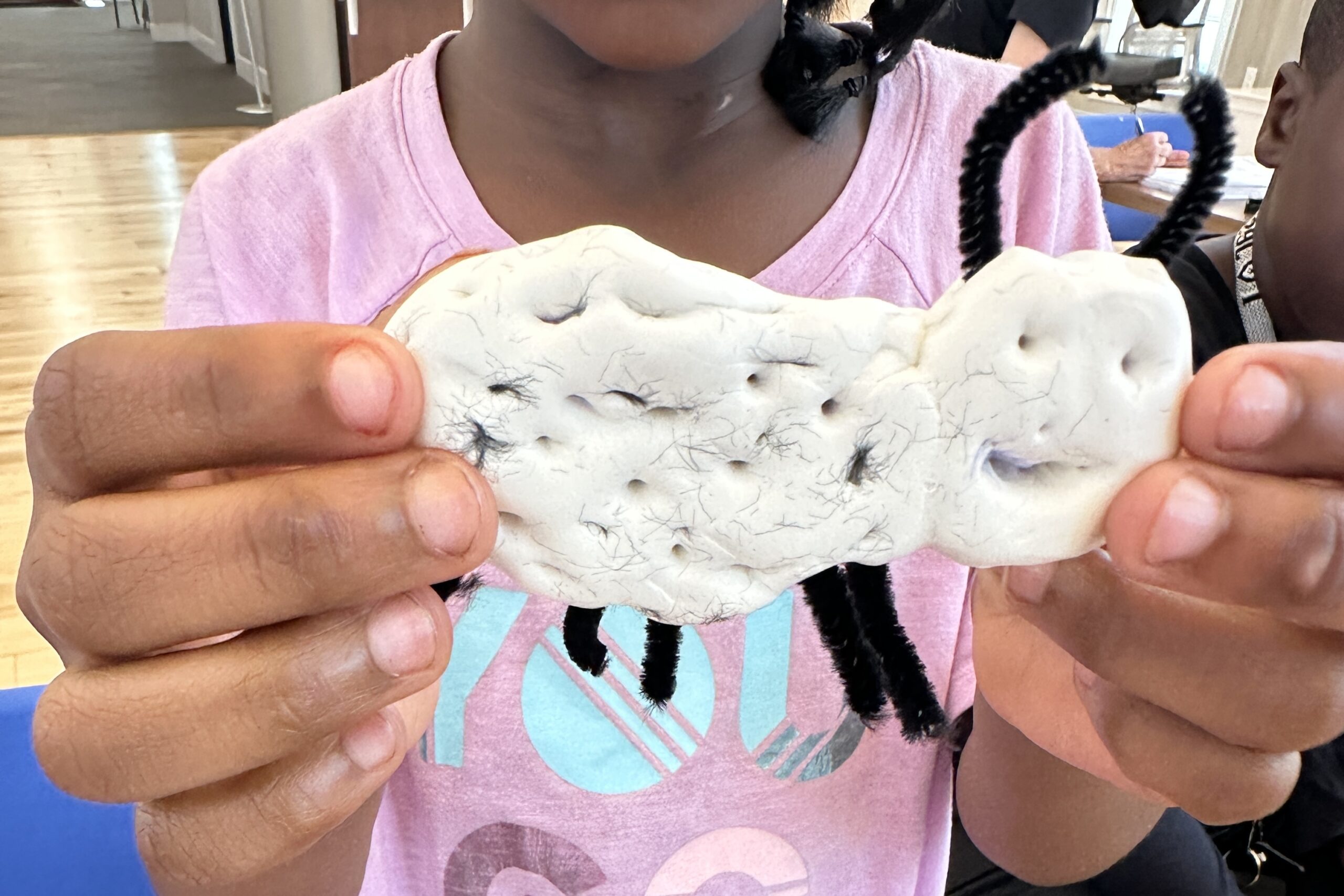Manchester, CT – a town with both urban and rural influences
2023 was Manchester’s seventh year as a READy for the Grade site, though only its fifth year offering instruction. The Mary Cheney Public Library served as lead partner. In 2020, Manchester replaced in-person instruction and events with literacy kits, which they distributed weekly for 7 weeks to 17 families. Unfortunately, restrictions forced Manchester to suspend participation in READy for the Grade in 2021. They resumed partial operations in 2022 by distributing literacy kits that included books, family games, and literacy activities. Led by two teachers and two family resource coordinators from the local elementary school, with assistance from the family resource coordinator at Squire Village community center, Manchester resumed full operations in 2023.

Manchester held 2.5 hours of programming per day, 3 days per week, for 8 weeks in 2023, for a total of 60 hours.

11 children attended regularly, sometimes with older siblings who encouraged them. On average, each student attended 27 hours.

Every child selected 2 books and 1 prize to take home after each session.

Instead of hosting family events, Manchester staff invited parents to visit and observe their children in session.

Staff included 1 person who grew up at Squire Village.

100% of parents surveyed said the program inspired their child and their family to read more.
What Manchester Parents Say
“His reading increased. He’s sounding out words.”
“The staff showed that they were very interested in what the children brought to the table.”
“My child looked forward to this program.”
Manchester has an infestation… of insect-related books. Today, kids assemble on the carpet to hear the story, What’s Your Favorite Bug? Not everyone feels enthusiastic about this book selection. A couple of the children are sure they like zero bugs, but the instructor asks them to learn a little bit and see if they might change their minds.
As she reads descriptions and fun facts and shares beautiful illustrations, the children learn cool vocabulary, like nocturnal and camouflage. Another teacher adds info to a running list of facts.
“Spiders have 5 eyes.”
“There are 100 legs on a millipede.”
Children discuss what they would do with so many legs (run fast, kick far). By the end of the group session, the squeamish kids have changed their minds. They do like some bugs.
Now, they move to the worktables for buddy reading using an A-Z Reader about insects. Children take turns reading aloud. The teachers instruct the students to find and circle tricky words, like exoskeleton, on each page. Meanwhile, one of the youngest children enjoys an individual tutoring session.
After buddy reading, children enjoy making insects with model magic and pipe cleaners. While they craft their insects, they discuss facts about bugs with the teachers.
Next, the children gather in the reading circle area for a snack and a chat about what they already know about butterflies. A teacher reads a book about the life cycle of butterflies, then kids move back to the tables for more activities. Each child gets to choose whether to complete worksheets, do a word search, play a game, or assemble a puzzle about the life cycle of a butterfly.
The kids also want to play word bingo, but they’ve been so busy with the bug activities they didn’t get a chance. Luckily, word bingo will be here next time. For now, each child goes home with 2 books and a prize.
A Window Into READy for the Grade 2023
• Manchester •
Manchester has an infestation… of insect-related books. Today, kids assemble on the carpet to hear the story, What’s Your Favorite Bug? Not everyone feels enthusiastic about this book selection. A couple of the children are sure they like zero bugs, but the instructor asks them to learn a little bit and see if they might change their minds.
As she reads descriptions and fun facts and shares beautiful illustrations, the children learn cool vocabulary, like nocturnal and camouflage. Another teacher adds info to a running list of facts.
“Spiders have 5 eyes.”
“There are 100 legs on a millipede.”
Children discuss what they would do with so many legs (run fast, kick far). By the end of the group session, the squeamish kids have changed their minds. They do like some bugs.
Now, they move to the worktables for buddy reading using an A-Z Reader about insects. Children take turns reading aloud. The teachers instruct the students to find and circle tricky words, like exoskeleton, on each page. Meanwhile, one of the youngest children enjoys an individual tutoring session.
After buddy reading, children enjoy making insects with model magic and pipe cleaners. While they craft their insects, they discuss facts about bugs with the teachers.
Next, the children gather in the reading circle area for a snack and a chat about what they already know about butterflies. A teacher reads a book about the life cycle of butterflies, then kids move back to the tables for more activities. Each child gets to choose whether to complete worksheets, do a word search, play a game, or assemble a puzzle about the life cycle of a butterfly.
The kids also want to play word bingo, but they’ve been so busy with the bug activities they didn’t get a chance. Luckily, word bingo will be here next time. For now, each child goes home with 2 books and a prize.
For details, read the independent evaluation of READy for the Grade.
All Kids Need to Read
READy for the Grade serves a diverse population, with programs in rural, suburban, and urban communities.
The challenges of living and learning with low income vary by setting. Click the site name for details.
Killingly
Manchester
New Haven
Hamden
Rockville
Willimantic
Questions?
Location: 195 Church Street, 7th Floor
New Haven, Connecticut 06510
Telephone: (203) 859.6600
Email: ljordan@newalliancefoundation.org
Learn About NewAlliance Foundation
